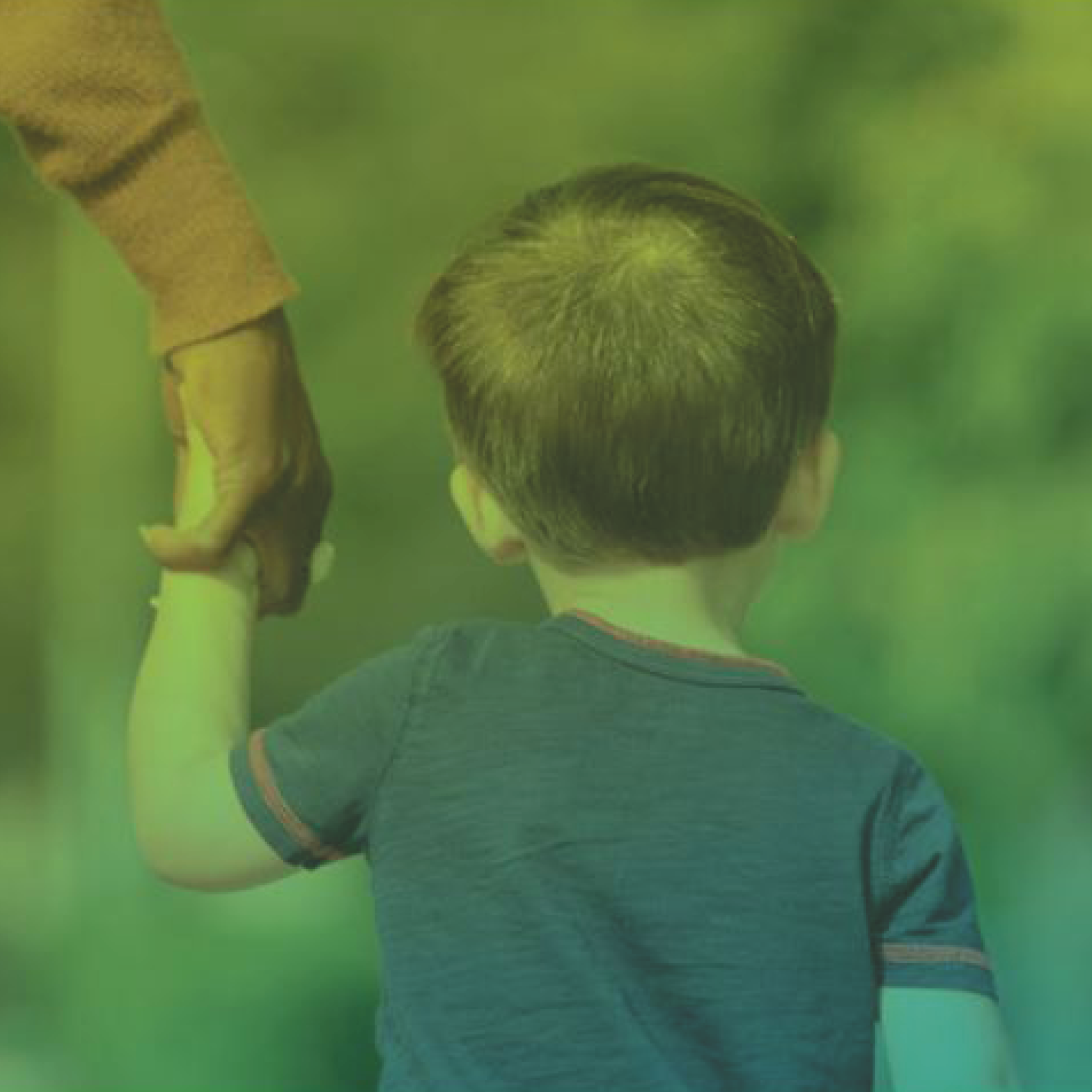One of the challenges of modern life is the lure of having it all. We believe that if we can just manage our time, our child with autism can have the best experiences at school, at ABA therapy, with friends, and at home with family. When we’re spread too thin, though, we don’t benefit fully from anything. But when we learn to prioritize according to our values, we may not feel regret about making difficult choices and doing less.
Letting our values guide our choices is an unfamiliar concept for most of us — and it requires a little self-exploration to determine our priorities. But the rewards can be huge.
How COVID-19 Affected Priorities
Despite COVID’s continued impact, families are beginning to have more options for kids with autism. In-person school might be slotted in next to ABA therapy, and the combination can radically alter evening routines as everyone in the family also needs to take time to prepare to do it all again the following day. Here, families may struggle to decide which treatments to pursue for their child.
A family may see major benefits with ABA therapy but also recognize that COVID-related disruptions were very hard. Many parents think their child will benefit from going back to school, yet they don’t want to lose ABA therapy and they also want to have family time.
In a situation like this would a family benefit from having some of everything? Or would fewer activities that allow for richer experiences be better? In a lot of cases, efforts are not necessarily concentrated enough to have positive outcomes in any of the choices.
A tough decision is easier when a family can figure out what they really value. Evaluating what parts of in-school therapy, clinical therapy, and at-home therapy can help families decide what is most important for their child.
Developing Priorities for Children with ASD
As with everything else in life, values are not necessarily constant. This means we can adjust behaviors and choices to align with shifting values.
Determining our values can help steer us toward more fulfilling outcomes, even on a day-to-day basis. If your child is working toward learning to tie their shoes independently, for instance, repetition will help them achieve this more quickly. The downside to a lot of repetition is that you aren’t able to get other values-related tasks done. Putting the things you value most at the front of your list can help tackle important issues first.
The beauty of a values-based approach to lifestyle choices is that each parent’s values are personal and specific to them. There’s no comparison or measurement of personal values, so no guilt should be involved.
For example; if a parent can better approach each day when there’s no lingering laundry to fold, they’re not prioritizing laundry over children. But they are placing value on having an uncluttered mind so they can be more present in the moments that really matter.
ABA Therapy from IABA Consultants
If you have questions regarding autism treatment, education, or plans using ABA therapy, we are here for you! Our goal is to make sure no family is turned away due to financial constraints. Our therapy team would love to talk to you. Find the location closest to you and give us a call. We’re here for you.
Originally Posted as Values Can Help Clarify Choices With a Child With Autism, Chicago Parent, September 17, 2021


